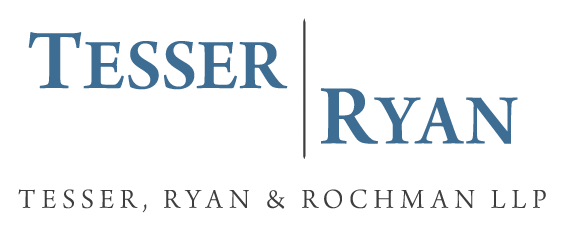Using Video Conferencing for Estate Planning During the COVID-19 Pandemic
There are many situations that, under ordinary circumstances, require in-person meetings, such as will signings. You may be wondering whether it is possible to have a will signing ceremony, or to get other documents notarized while social distancing is in effect.
On March 19, 2020, Governor Cuomo issued executive order 202.7, which further addresses the polarizing interests the Covid-19 pandemic has presented to all New Yorkers: taking necessary precautions to contain the spread of this virus while allowing individual sectors of our economy to remain open and able to provide goods and services to those who need them.
Governor Cuomo’s order, among other things, has authorized New York state notaries, through April 18, 2020, to employ audio-video technology for any “notarial act,” under New York State law, provided that certain conditions are met, such as: (1) the person who is having their document notarized must present valid photo ID to the notary during the conference; (2) the video conference must allow for direct interaction between the notary and person seeking their services; and (3) the person seeking the notary’s services must affirmatively state that they are physically present in New York.
Importantly, Gov. Cuomo’s order omits one interrelated notarial service needed for those who are at the most risk of contracting Covid-19 – estate planning. This includes powers of attorney to help carry out your financial decisions, health care proxies in case you become incapacitated and cannot make your own medical decisions, and of course, a last will and testament in case of the worst. To execute these documents, not only is a notary needed, but also witnesses are required to be present under New York State law. Gov. Cuomo’s order does not seem to allow for people to witness the signing of these documents remoted. Gov. Cuomo should expand the scope of executive order 202.7 to allow witnesses to sign and attest to estate planning documents through audio-video technology. Attorneys could use this expanded authorization to help facilitate the execution of documents with their estate planning clients while allowing New Yorkers to remain in their residences due to the COVID-19 outbreak.
Even though the documents cannot, as of now, be signed remotely, it is still possible to prepare such documents for signing at a later date. Additionally, other steps may still be able to be taken to plan for eventualities, such as designating beneficiaries on accounts and insurance policies.
Obviously, not all estate planning clients will have access to and/or the ability to use the technology required for audio-video conferencing. In these cases, attorneys could offer to come to a client’s residence and execute their estate planning documents there. By way of illustration, the attorney could bring the original documents and meet their client in the lobby of the building where their client resides. All parties should wear protective gloves when handling, passing, and executing the original documents. When witnesses are required, attorneys could bring someone from their office to witness, or could ask a doorman or a passerby in their client’s apartment building.
If you have any questions about your estate plan or how the recent developments with COVID-19 affect your estate plan, please call our office and one of our experienced estate planning attorneys will be happy to assist you. post-status
